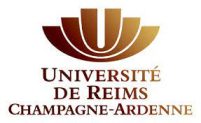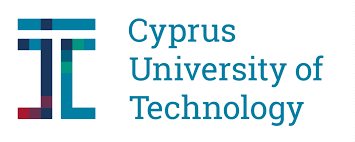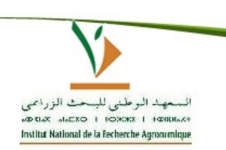MiDiVine project will provide advanced knowledge by improving biodiversity in vineyards, reducing imputs and environmental impacts whilst increasing environmental quality in agrosystem, grapevine resilience to climate change and diseases in a sustainable way and taking into account Regional specificities. By combining selection process, genomics approaches, microbial diversity, agronomic practices with specific covers and service plants, precision viticulture tools, physio-molecular analysis, biocontrol strategy and disease management, MiDiVine expects to generate the following impacts:
• Improving research and innovation potential within Mediterranean regions and worldwide
- The potential contribution of MiDiVine to the improvement of the R&D potential within Mediterranean areas and/or worldwide is anticipated to be at both national and international levels. The interaction between academic and private partners from different countries although with different goals has a common theme. The project is in line with the European objectives for research on vine and grape in HORIZON 2020 Program, it has a strong accent on multidisciplinary, on the development of innovating tool/equipment and on translation research results into applications.
• Increasing the scientific level
- Understanding the genetic, physiological and molecular bases of grapevine adaptation to abiotic stress and resistance to fungal diseases and develop new protection strategies through multi-factorial approaches, based mainly on use and management of functional microbial biodiversity.
•
- Understanding the relationship between the acquisition of tolerance/resistance triggered by functional microbiome and the expression of plant immunity under fluctuating environmental conditions.
- Training, co-supervision and mobility events (horizontal actions) improving the expertise of involved personnel and annual meetings. The projected outcomes will provide a paradigm for various stress scenarios determination, identification of beneficial microbes and pathogens and verification of microbe-free material. This paradigm can be easily extended to other plant species/conditions providing a general platform for direct exploitation by various research actors.
I• mproving vineyard management and practices
- Integrating functional microbial biodiversity into technical itineraries of farming systems of different geographical locations involved in grape production in Mediterranean countries. This will provide a good source for adaptation of grape cultivars and management practices to changing climate.
- Strengthening the sustainability of production systems through reduction of chemical inputs, while minimizing environmental impact, improving water use efficiency and preserving biodiversity.
- Adaptation of biocontrol strategies to different terroir of Mediterranean environment and improving management of typical products and rural development.
- Access to novel biological material to be screened for possible adaptations and identification of tolerant ones and the responsible genes/mechanisms in future studies (either from nurseries or from academic participants with field access-mostly academic participants)
- Transfer of knowledge and tools (new protocols for defining threats to plant’s health and monitoring early stress responses, diagnostic methods, etc) among partners.
• Expected impacts at the socio-economic level
- The achievement of an economically and environmentally sustainable agroecosystem should combine optimal use efficiency of natural resources, lower external inputs, increased biodiversity and production stability that collectively sustain crop resilience, crop profitability and optimisation of water use efficiency under climate change, all would result in reduction of grape production costs.
- Improving product quality, food security, transition to a biobased economy, knowledge to support for decision making process and increase of competitiveness through innovations are also pivotal for progress in societal challenges in terms of future food and job security.
- It is anticipated that private Company and farmers will directly benefit from the activities of MiDiVine. More specifically, protocols for early monitoring and defining threats to plant’s health (early symptoms, identification of novel strains or even species) are of immediate and high interest to partners and nurseries.
- In addition, there are planned, direct collaborations between partners with the aim of producing beneficial microbes from selected functional diversity that will be commercialized and thus reach end-users. The development of these beneficial microbes will rely on relevant patents on this technology. Besides, climate change repercussions on viticulture are being markedly sensed due to soil salinization, water shortage and increased temperatures which affect growth, development, and yield of grapevine as well as grape organoleptic and aromatic quality.
























